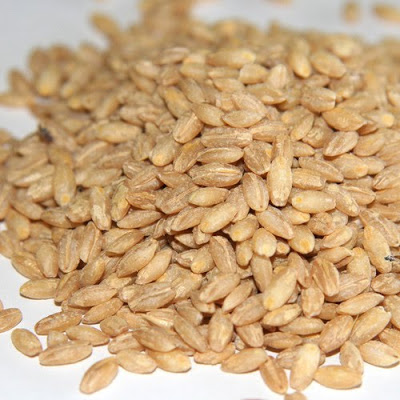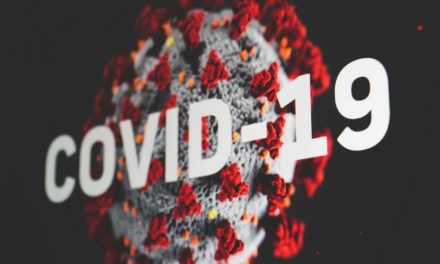We know that the circadian (day/night) rhythm of our environment has an important role in regulation of weight and metabolism. Nowadays, this circadian rhythm is disrupted for almost every human on the planet: our 24/7 modern society, work days that go long past sunset, shift work, artificial lighting, screen time, social jetlag (eg late evening meals), travel jetlag, and so on.
A fascinating collection of articles recently published in the journal Obesity ‘enlightens’ us (pun intended) on the internal clocks in our bodies that help regulate our metabolism and weight, and what might work to keep these clocks on track when our day/night rhythm is disrupted.
Our metabolism has a circadian (day/night) rhythm, which is under the control of a master clock in our brain (located in the suprachiasmatic nucleus, or SCN). This master clock is governed by ‘clock genes’ that are regulated by the natural light/dark rhythm of our 24 hour day. We also have peripheral clocks in many other tissues in our bodies, including in muscle, fat, and liver, which network with the master clock in our brains to regulate our metabolism in a circadian fashion. The master clock in our brain (SCN) also communicates with the appetite center in our brain (arcuate nucleus) and is essential in driving rhythms of food intake.
The point of this entire system is to to integrate time of day with our metabolism, so as to optimize metabolism and regulate body weight. When our circadian rhythm is disrupted, this disrupts the function of the clocks in our brain and other tissues, and can lead to elevated blood sugars and metabolic syndrome, and can make weight regulation much more difficult.
Eating in a time restricted pattern (eg eating only during 10 hours or less in a 24h period, a form of intermittent fasting) may be helpful to offset the negative metabolic impacts of disturbed sleep wake rhythm. A fascinating review article in this series discusses findings during Ramadan, showing enhanced metabolic health during Ramadan fasting, despite disruption of the normal sleep/wake cycle. The authors postulate that eating in a time restricted pattern may help to offset the negative metabolic effects of circadian disruption.
Exercise may also help to reset the muscle clocks, thereby restoring metabolic disruption and improving metabolic health. Exercise can affect the master clock in the brain as well and help to reset it. Exactly when this exercise should be done is still a matter of ongoing research.
BOTTOM LINES: The master clock in our brains that regulates metabolism and weight is regulated by light and dark, so keeping a normal sleep/wake rhythm as much as possible, and minding exposure to light in the night, are important to optimizing weight and metabolic health.
The clocks in our other tissues can be reset by meal timing and exercise, and these strategies could help keep the metabolic rhythm on track during times of circadian disruption.
Share this blog post using your favorite social media link below!
Follow me on twitter! @drsuepedersen
www.drsue.ca © 2021












